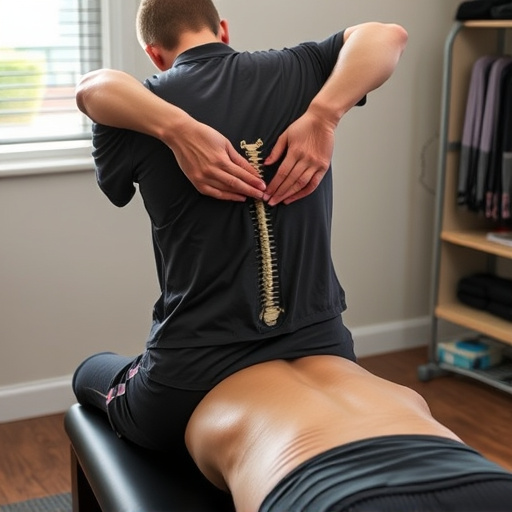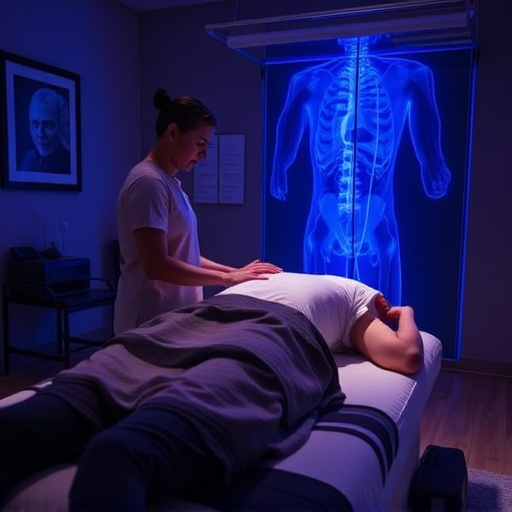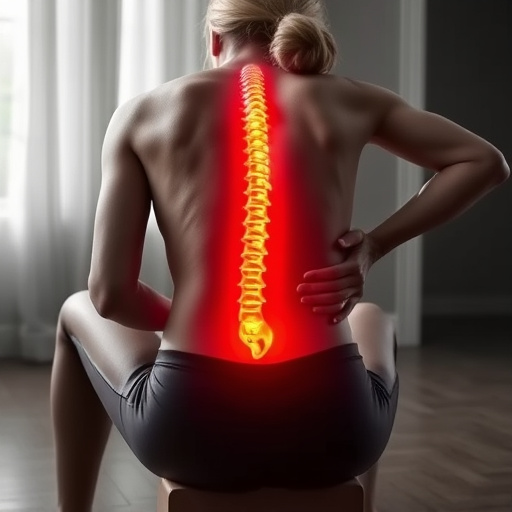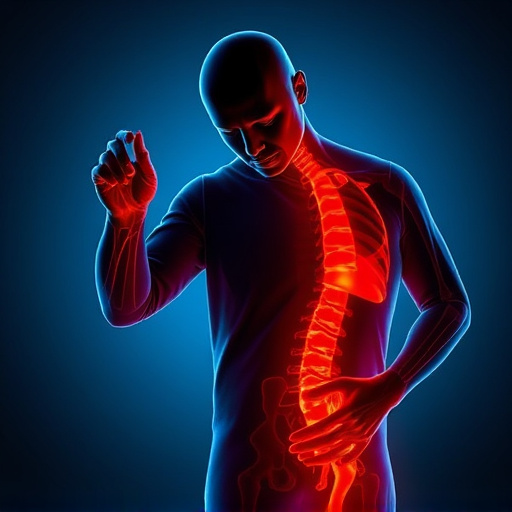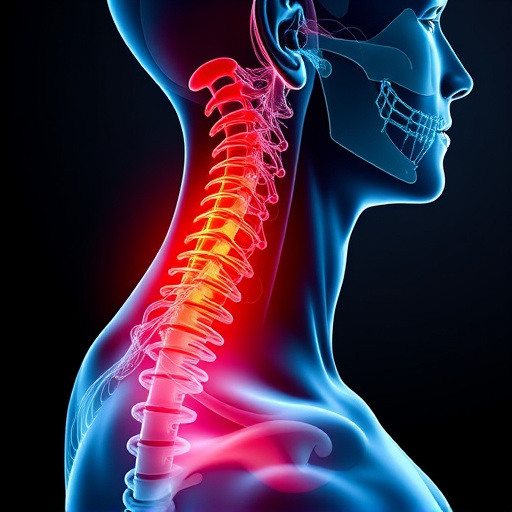Chronic pain management requires a holistic approach integrating pharmacological and non-pharmacological treatments like physical therapy, chiropractic care, acupuncture, yoga, meditation, and shockwave therapy. Personalized plans addressing root causes, including lifestyle modifications like exercise, nutrition, and sleep, are crucial for effective long-term management guided by healthcare professionals specializing in chronic pain. Prioritizing self-care strengthens mental resilience, breaking the cycle of symptom exacerbation.
Chronic pain is a complex condition that requires careful navigation. Despite popular belief, effective management goes beyond medications. This article uncovers three common pitfalls in chronic pain care: overlooking non-pharmacological treatments, misjudging professional guidance needs, and neglecting self-care. By understanding these mistakes, individuals can empower themselves to make informed decisions, foster a holistic approach, and ultimately, enhance their quality of life through tailored chronic pain management strategies.
- Overlooking Non-Pharmacological Treatment Options
- Misjudging the Need for Professional Guidance
- Neglecting Self-Care and Lifestyle Modifications
Overlooking Non-Pharmacological Treatment Options

Many individuals suffering from chronic pain solely rely on pharmacological interventions, often overlooking a vast array of non-pharmacological treatment options available to them. While medications can play a crucial role in managing pain, they are not the only solution. Chronic pain management involves a holistic approach that integrates various strategies to reduce pain and improve overall well-being. This includes alternative therapies such as physical therapy, chiropractic care, acupuncture, and mind-body practices like yoga or meditation. These non-invasive treatments can be highly effective in reducing pain, improving mobility, and enhancing quality of life.
For instance, rehab services offer specialized programs tailored to address chronic pain through exercise, education, and relaxation techniques. Shockwave therapy for pain is another innovative approach that has gained popularity. It uses acoustic waves to stimulate tissue repair and reduce inflammation. By diversifying treatment options and considering these alternative methods alongside conventional medicine, individuals can achieve better outcomes in their chronic pain management journey.
Misjudging the Need for Professional Guidance
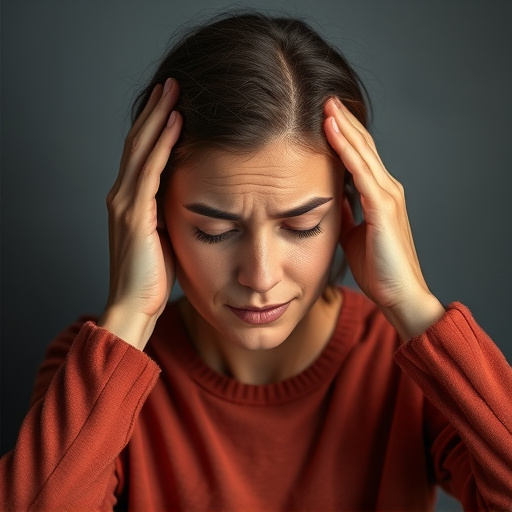
Many individuals suffering from chronic pain believe they can manage it on their own, often relying on over-the-counter medications and home remedies. While self-care measures can provide temporary relief, chronic pain is complex and requires a comprehensive approach. Misjudging the severity or complexity of your pain condition might lead to inadequate self-management strategies. Chronic pain management is not a one-size-fits-all process, and what works for someone else may not work for you. Professional guidance is essential to navigate the various treatment options available, including physical therapy, counseling, and specialized medical procedures like spinal adjustments.
Seeking help from healthcare professionals who specialize in chronic pain is crucial, especially post-injury or when previous treatments have been ineffective. They can offer personalized wellness care plans that consider your unique needs, ensuring you receive the most effective and long-lasting solutions. Remember, proper management involves not just treating symptoms but understanding and addressing the root causes, which a qualified expert can help identify and manage safely and efficiently.
Neglecting Self-Care and Lifestyle Modifications

Neglecting self-care is a common mistake when dealing with chronic pain. It’s easy to get caught up in managing symptoms and forget about the importance of holistic care. However, making lifestyle modifications like regular exercise, proper nutrition, and adequate sleep can significantly impact your overall well-being and chronic pain relief. Physical therapy and rehab services are excellent resources to help implement these changes safely and effectively.
Incorporating self-care practices not only supports physical recovery but also enhances mental resilience, which is crucial for managing chronic pain. Ignoring these aspects often leads to a vicious cycle where lack of care exacerbates symptoms, making it harder to stick to management plans. Thus, prioritizing self-care should be an integral part of any chronic pain management strategy.
In the pursuit of effective chronic pain management, it’s crucial to avoid common pitfalls. Overlooking non-pharmacological treatment options, misjudging the importance of professional guidance, and neglecting self-care can hinder progress. By embracing holistic approaches, seeking expert advice, and prioritizing personal well-being, individuals can navigate their journey towards better pain control and enhanced quality of life.









